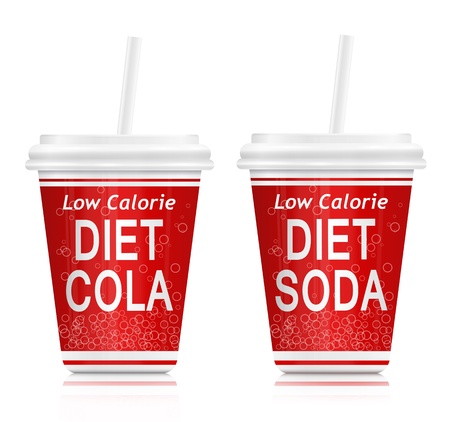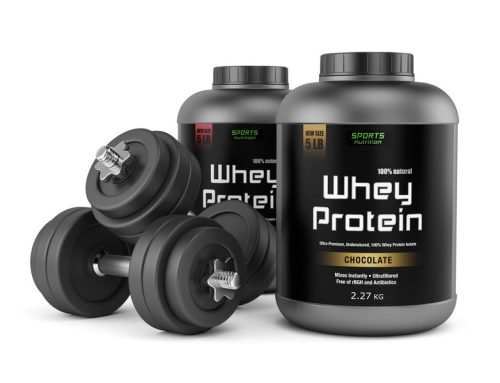What are the health risks of diet soda? Diet soda is promoted as a safe way to enjoy soda without consuming a lot of sugar. But is it really safe to drink diet soda or are their health risks associated with consuming sugar free sodas?
A new study found that this popular beverage can triple your stroke risk if you drink it just once a day, even though it’s often marketed as a healthier option.
Study on Health Risks of Diet Soda
A new study on the health risks of diet soda found that drinking just one diet soda a day can triple your stroke risk.
Researchers from the Boston University School of Medicine looked at the long-term health impact of drinking artificially sweetened beverages, publishing their results in 2017 in the journal Stroke.
• The researchers analyzed nearly 3,000 participants over the age of 45 for strokes over the course of 10 years, gauging their beverage intake through a food-frequency questionnaire.
• According to their findings, the participants who drank at least one diet soda a day were nearly twice as likely to have a stroke than those who didn’t drink diet soda.
• They were also three times as likely to develop an ischemic stroke.
The study also found that daily diet soda drinkers were three times more likely to develop dementia.
• These Boston University School of Medicine researchers also observed nearly 1,500 participants over the age of 60 for the development of dementia in correlation with diet soda consumption.
• According to their findings, people who drank at least one artificially sweetened beverage a day were three times as likely to develop dementia due to Alzheimer’s disease than those who did not consume diet soda.
• “Our study is the first to report an association between daily intake of artificially sweetened soft drink and an increased risk of both all-cause dementia and dementia because of Alzheimer’s disease (AD),” the researchers said.
Researchers say diet sodas should not be promoted as a healthy alternative to regular soda.
The scientists behind the study said further research needs to be conducted to determine why there was an increased risk for both stroke and dementia in regular diet soda drinkers.
But in an AHA editorial accompanying the 2017 study, Ralph Sacco, MD, a former president of the AHA and the chairman of the Department of Neurology at the Miller School of Medicine at University of Miami in Florida, said that the main problem is that artificially sweetened beverages (ASBs) are “marketed as healthier alternatives” to sugar-sweetened beverages (SSBs).
“The American Heart Association and American Diabetes Association have given a cautious nod to the use of artificial sweeteners in place of sugar to combat obesity, metabolic syndrome, and diabetes mellitus, but there is still uncertainty about the benefits and even healthfulness of ASBs,” Sacco said. According to the AHA, several large studies, including the 2017 report, have linked diet sodas to concerning health conditions, including type 2 diabetes, heart attack, and vascular death, in addition to stroke and dementia.
“The growing number of epidemiological studies showing strong associations between frequent consumption of ASBs and vascular outcomes, however, suggests that it may not be reasonable to substitute or promote ASBs as healthier alternatives to SSBs,” Sacco explained. “Both sugar-sweetened and artificially sweetened soft drinks may be hard on the brain.”
Click here to read about the health risks of diet soda.







